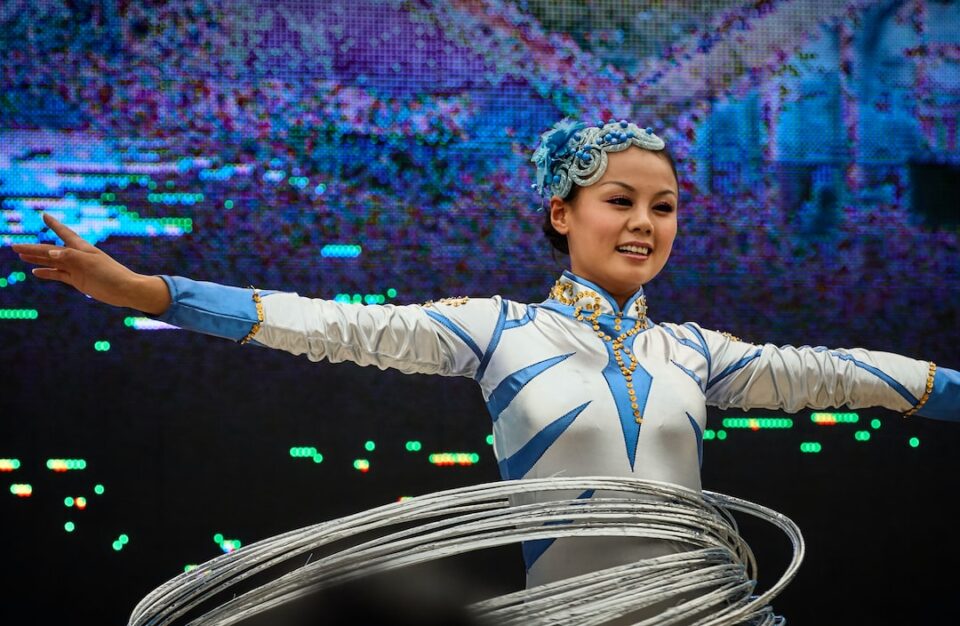The Fascinating History of Circus and Its Modern-Day Resurgence
The circus has long been a staple of entertainment, captivating audiences of all ages with its breathtaking acrobatics, death-defying stunts, and wild animal acts. But have you ever stopped to wonder about the history of the circus and its journey to the modern-day spectacle we know and love today? Let’s explore the fascinating evolution of the circus and its recent resurgence.
The roots of the circus can be traced back to ancient Rome, where chariot races and gladiatorial games entertained the masses. However, it wasn’t until the late 18th century that the modern circus as we know it began to take shape. It was the genius of one man, Philip Astley, who is credited with establishing the first modern circus in London in 1768.
Astley, a former cavalry officer, noticed that his equestrian performances drew large crowds, leading him to develop a circular arena known as the riding school. He added a series of riding tricks and other acts to keep the audience engaged, and thus the circus was born. Astley’s circus quickly gained popularity, spreading throughout Europe and eventually making its way to the United States.
In the 19th century, the circus became synonymous with extravagance and entertainment. P.T. Barnum, often regarded as the greatest showman of all time, played a pivotal role in shaping the modern circus landscape. Barnum’s traveling circus, known as “The Greatest Show on Earth,” showcased a wide array of acts, including freak shows, animal acts, trapeze artists, and jugglers.
However, as times changed and societal attitudes shifted, the circus began to face criticism, particularly in regards to its treatment of animals. The use of wild animals, such as elephants and big cats, was deemed inhumane, leading to protests and calls for reform. As a result, many circuses phased out their animal acts, choosing to focus on human performers instead.
This ushered in a new era for the circus, one fueled by innovation and a renewed emphasis on skill and artistry. Cirque du Soleil, founded in 1984, revolutionized the circus industry by introducing a theatrical element to their performances, combining acrobatics, dance, and storytelling. Their shows became renowned for their breathtaking visuals and awe-inspiring talent, attracting audiences from around the world.
In recent years, the circus has experienced a modern-day resurgence, thanks in part to the success of movies like “The Greatest Showman” and the popularity of reality competition shows such as “America’s Got Talent.” These platforms have brought the circus back into the public eye, allowing new generations to experience the wonder and magic of the big top.
Today, the circus continues to evolve, incorporating elements of technology, music, and visual effects to create immersive experiences for audiences. Contemporary circus companies, such as the 7 Fingers and the New Shanghai Circus, push the boundaries of what is possible, seamlessly blending traditional circus acts with modern aesthetics.
Furthermore, the ongoing efforts towards sustainability and animal welfare have seen circuses embracing a more ethical approach. Many now feature only human performers or have replaced animal acts with skilled aerialists and acrobats.
In conclusion, the circus has come a long way, from its humble beginnings as a riding school to its modern-day incarnation as a multi-faceted spectacle of skill and artistry. Its history is a testament to the resilience and adaptability of this captivating form of entertainment. As we look to the future, one thing is certain: the circus will continue to captivate and inspire audiences for generations to come.

